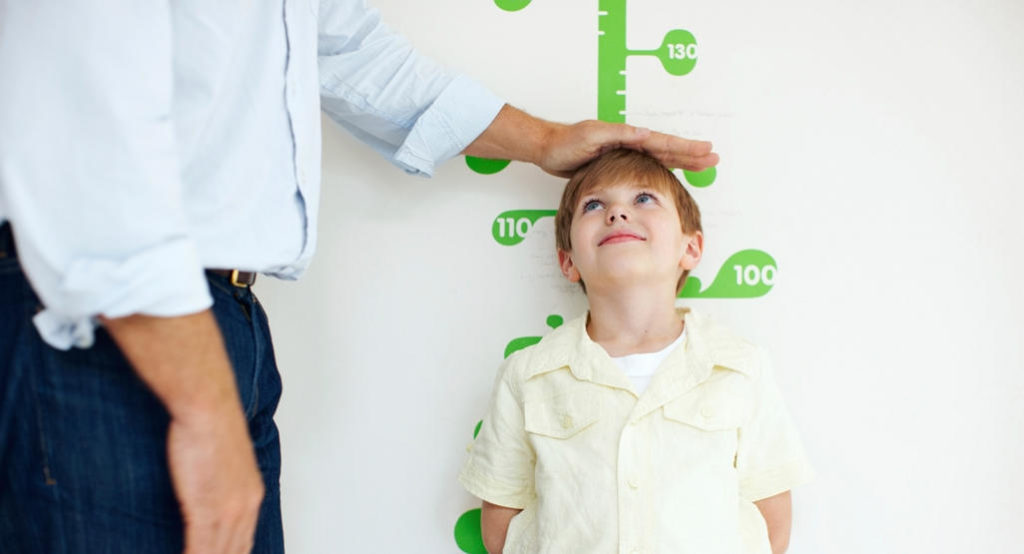Posts Tagged ‘ADHD-Treatment’
Consistent use of ADHD medication may stunt growth by 2 inches, large study finds
___ The Multimodal Treatment Study of ADHD (MTA Study) is the largest ADHD treatment study ever conducted — nearly 600 7–9‑year-old children with ADHD were randomly assigned to one of four interventions: 1) Carefully monitored medication treatment; 2) Intensive behavior therapy; 3) Medication Treatment combined with Behavior Therapy; or 4) Community Care (parents obtained whatever treatment…
Read MoreStudies reinforce the critical importance of ADHD treatment monitoring
__________ As the new school year approaches, let me highlight the essential value of ADHD treatment monitoring. Even when a child’s treatment has been going well, response to treatment can change over time. This is true for medication treatment, or any other treatment a child is receiving. By regularly monitoring how a child is doing…
Read More5 Must-Read Articles, and an Online Course, to Help Children with ADHD
—– Given the ongoing changes and controversies surrounding ADHD diagnosis and treatment, let us highlight 5 key articles written by Duke University’s Dr. David Rabiner to summarize recent scientific findings and their implications, plus a very relevant online course to help parents and professionals help children with ADHD. 1. Study finds large gaps between research and practice…
Read MoreStudy: Rates of ADHD diagnosis and medication treatment continue to increase substantially
— Beginning in about 1990, substantial increases in the rates of ADHD diagnosis and medical treatment were found in several nationally representative samples of US physician office visits. For example, between 1995–96 and 2007-08, the number of office visits at which an ADHD diagnosis was made increased by over 400% in adults — from 3.1…
Read MoreStudy: Cognitive Behavioral Therapy (CBT) + Medication outperforms CBT alone to treat ADHD symptoms among adults. At the same time…
Although medication is the primary treatment for adults with ADHD, and has good empirical support, many adults would rather not take it. For these adults with ADHD, it would be helpful to know whether medication is likely to provide significant benefits above and beyond those they would gain from well-conducted therapy, or whether they are…
Read MoreDiscouraging new findings about pediatric care for children with ADHD: Often, best-practice guidelines are not followed
Most children with ADHD receive their care from community-based pediatricians. Given the large number of school-age children who require evaluation and treatment services for ADHD, and the adverse impact that poor quality care can have on children’s development, it is important for children to routinely receive care in the community that is consistent with best-practice…
Read More




